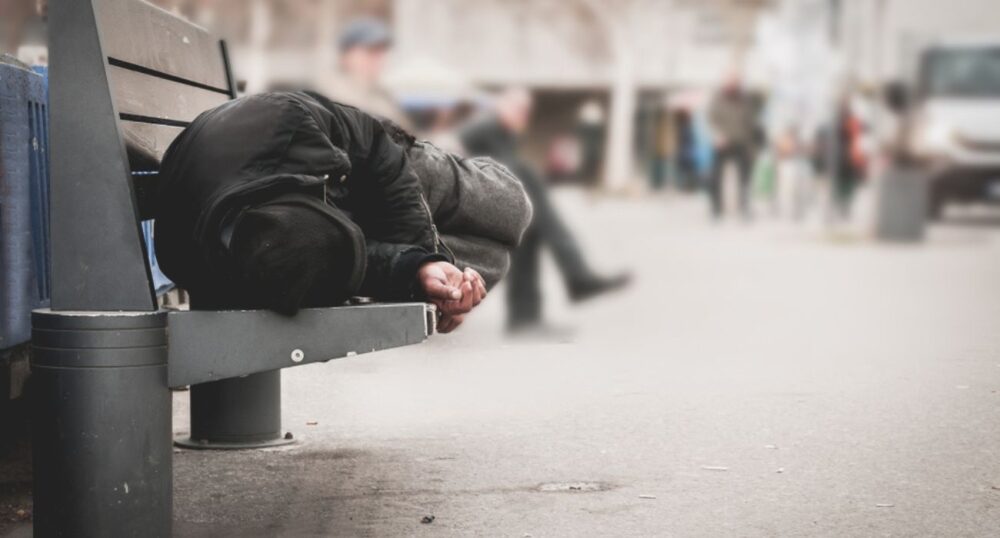Nearly $30 million for homelessness response efforts is coming to Dallas, courtesy of the federal taxpayer.
The U.S. Department of Housing and Urban Development (HUD) announced Monday that it is granting $27 million in annual funding to the All Neighbors Coalition — a collective of over 140 local homelessness response organizations working in Dallas and Collin Counties.
This funding marks a 23% increase over 2022 and a 44% increase over 2021, according to a press release announcing the award.
As previously covered by The Dallas Express, the All Neighbors Coalition received $22 million from HUD last year.
“More funding means we can scale up what works for more reductions in homelessness,” said Sarah Kahn, president and CEO of Housing Forward — the lead homeless services agency for Dallas and Collin Counties.
“Public-private partnership, united by a laser-focus on unsheltered homelessness and a commitment to evidence-based strategies, have made it possible for the All Neighbors Coalition to house more people than ever before,” she continued. “In the last few years alone, we’ve seen a 160% increase in monthly housing placements.”
Peter Brodsky, board chair of Housing Forward, claimed that the new funding indicates the All Neighbors Coalition is on the right path.
“HUD allocates funding based on performance,” he said. “The increase in funding for our community reflects the efficacy of the strategy employed by the All Neighbors Coalition to tackle homelessness.”
“It is terrific to see the virtuous cycle of progress leading to increased funding, which will allow us to make more progress,” he added.
While some report success in the fight against homelessness, others say it remains a major concern. Polling conducted by DX has found that more than 75% of Dallas residents remain dissatisfied with the state of homelessness, vagrancy, and panhandling throughout the city.
Last month, Brodsky briefed the Dallas City Council Housing and Homelessness Solutions Committee on the findings of the HOPE task force, which investigated homelessness and the City’s efforts to respond to it.
During that meeting, Council Member Jesse Moreno (District 2), chair of the committee, questioned some of the purported decreases in local homelessness.
Housing Forward claimed in its 2023 State of Homelessness report that homelessness has decreased by 4% overall in Dallas, with a 14% reduction in “unsheltered homelessness,” basing its assertions on the annual Point-in-Time (PIT) count.
However, Moreno expressed concern over the accuracy of the count.
“I question a lot of our [PIT] count numbers,” he said last year. “The decreases that we’re seeing overall — it’s not what I’m seeing each and every single day in my community.”
Moreno previously told DX that homelessness remains “one of the most consistent complaints” he receives from constituents.
The homeless population in Texas spiked year-over-year in 2023, as reported by DX. Some experts argue that Texas should move away from the Housing First model pushed by HUD in order to address the deeper roots of homelessness.
Agencies that receive taxpayer money from HUD are required to employ Housing First — a model that critics argue fails as a “one-size-fits-all” approach to homelessness.
Furthermore, experts say the “one-stop-shop” model used by Haven for Hope in San Antonio has proven successful.
“It’s an amazing example of how things really should be done,” John Bonura of the Texas Public Policy Foundation recently told DX.
This model has polled favorably among Dallas residents but has not yet been tried locally. Some local stakeholders are working to deploy the model in Dallas, as discussed previously on The Dallas Express Podcast.
However, whether local officials will support this effort remains to be seen.

